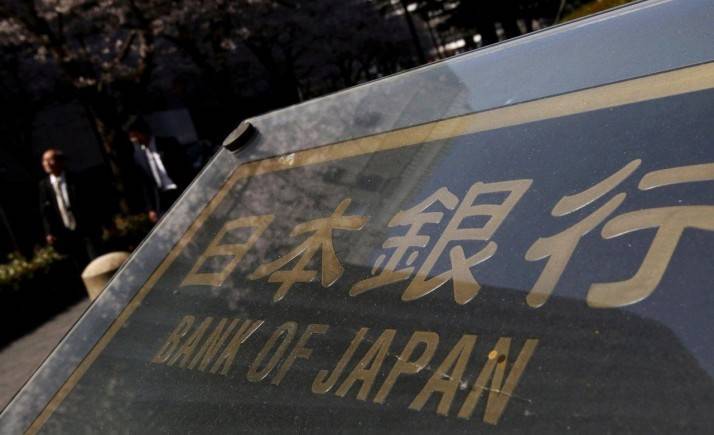BY: Leika Kihara
TOKYO: The Bank of Japan issued a warning for the first time in 20 years that financial institutions may be over-extending real estate loans, a sign that years of ultra-low interest rates is prodding banks to move into riskier lending to make profits.
Nearly 60 percent of regional banks could suffer net losses a decade from now if corporate borrowing keeps falling at the current trend, the central bank said in a semi-annual report on Japan’s banking system on Wednesday.
The report, which is among key factors the BOJ board will scrutinise in deciding monetary policy, highlights the mounting demerits of prolonged monetary easing such as the damage it is inflicting on financial institutions’ profits.
“As regional banks have generally not been able to secure profits commensurate with the increase in risk-weighed assets, their capital adequacy ratios and stress resilience have declined moderately,” the BOJ said in the report.
“Should this situation persist, downward pressure on the real economy from the financial system could intensify,” it said.
The BOJ’s financial system report analyses whether there are any excessive risk-taking among financial institutions, as well as how resilient they are to various risks and market shocks.
It includes a heat map detecting signs of overheating or contraction in financial activity.
Among the indicators in the heat map, an index measuring the ratio of real estate loans to gross domestic product (GDP) turned “red,” or showed signs of overheating, for the first time since the end of 1990, the BOJ said.
The remaining 13 indicators were “green,” which showed financial and economic activities as a whole have not shown excessive movements, according to the report.
“Financial and economic activities as a whole have shown no signs of overheating as observed during Japan’s asset-inflated bubble period in the late 1980s,” the report said.
“But possible vulnerabilities of the real estate market warrant close attention, as financial institutions that have been active in extending loans to rental housing businesses tend to have relatively low capital adequacy ratios,” it said.
Source: Reuters, (Editing by Kim Coghill)



